Support


Copyright © 2025, All rights reserved. Maje Accounting CPA
As a makeup artist in Canada, you’re often focused on perfecting your craft, but managing your finances is equally crucial for your success. Keeping your books in order ensures you’re not only prepared for tax season but also helps you make informed business decisions. Here are some essential bookkeeping tips tailored specifically for Canadian makeup artists:
It might be tempting to mix your personal and business expenses, especially if you’re just starting out, but keeping them separate is vital. Open a dedicated business bank account and use it exclusively for your makeup artistry transactions. This separation simplifies tracking, reduces errors, and is crucial for accurate tax reporting.
Every purchase, expense, and income should be documented meticulously. This includes receipts for makeup products, tools, and even travel expenses. Consider using accounting software or apps that can scan and store receipts electronically. This practice not only helps during tax time but also provides a clear picture of your financial health.
Set aside time weekly or monthly to update your records. Consistent tracking helps prevent any last-minute scrambles when tax season arrives. It also allows you to monitor your cash flow and spot any financial issues before they become significant problems.
As a makeup artist, you’re eligible for various deductions that can lower your taxable income. Common deductions include:
Supplies and Products: This covers makeup, brushes, and other tools.
Education and Training: Costs for workshops, courses, or seminars related to makeup artistry.
Home Office Expenses: If you have a dedicated space for your business, you might be able to claim a portion of your home expenses.
Travel Expenses: If you travel for work, you can deduct transportation, lodging, and meal costs.
Consult with a tax professional to ensure you’re maximizing your deductions and complying with Canadian tax laws.
If your business earns over $30,000 annually, you must register for GST/HST. Keep track of the GST/HST you collect from clients and the GST/HST you pay on business expenses. Properly managing these taxes ensures you don’t end up with unexpected liabilities.
Developing a budget helps you manage your income and expenses effectively. Allocate funds for essentials such as makeup supplies, marketing, and professional development. Regularly review and adjust your budget as needed to stay on track.
While DIY bookkeeping is possible, consulting a professional accountant can save you time and stress. An accountant familiar with the beauty industry can provide valuable insights and ensure you comply with tax regulations. They can also help with strategic planning to grow your business.
Don’t wait until the last minute to prepare your taxes. Organize your financial records throughout the year and set aside funds for your tax bill. Consider making quarterly tax payments if your income is irregular to avoid a large lump sum payment at year-end.
Investing in accounting software can streamline your bookkeeping process. Look for software that integrates with your bank accounts, tracks expenses, and generates financial reports. Popular options include QuickBooks, FreshBooks, and Xero.
Tax laws and financial regulations can change. Stay informed about any updates that might affect your business. Joining industry associations or subscribing to relevant newsletters can keep you in the loop.
Effective bookkeeping is key to running a successful makeup artistry business in Canada. By keeping your finances organized, understanding your deductions, and staying compliant with tax regulations, you’ll have more time to focus on what you do best—creating stunning looks for your clients. Follow these tips to ensure your financial health is as flawless as your makeup!
For personalized advice, don’t hesitate to consult with a financial professional who can help tailor these tips to your unique business needs. Happy bookkeeping!

